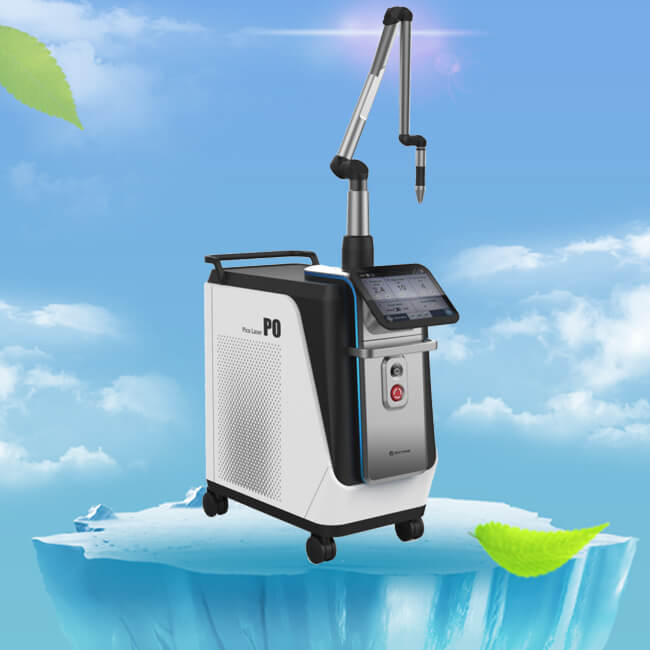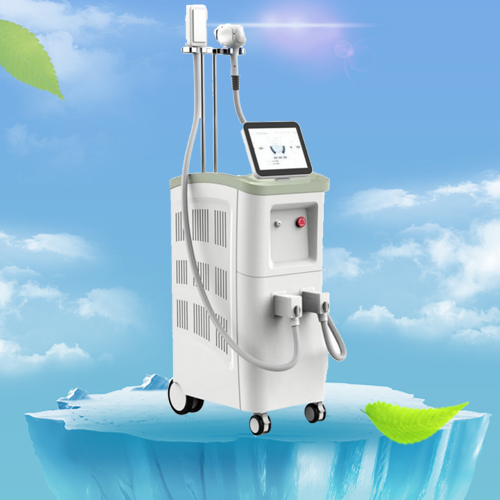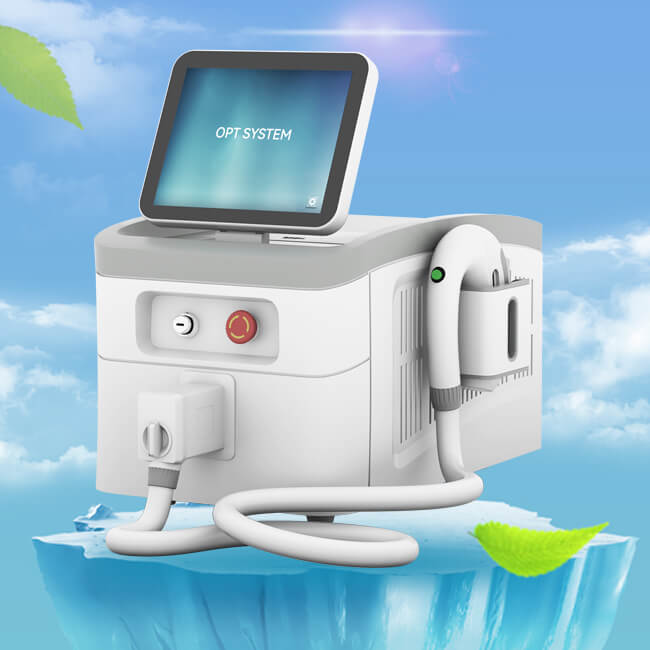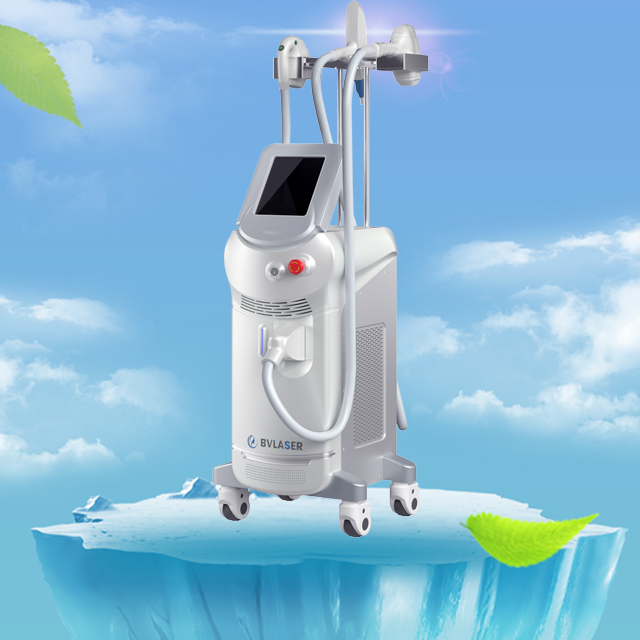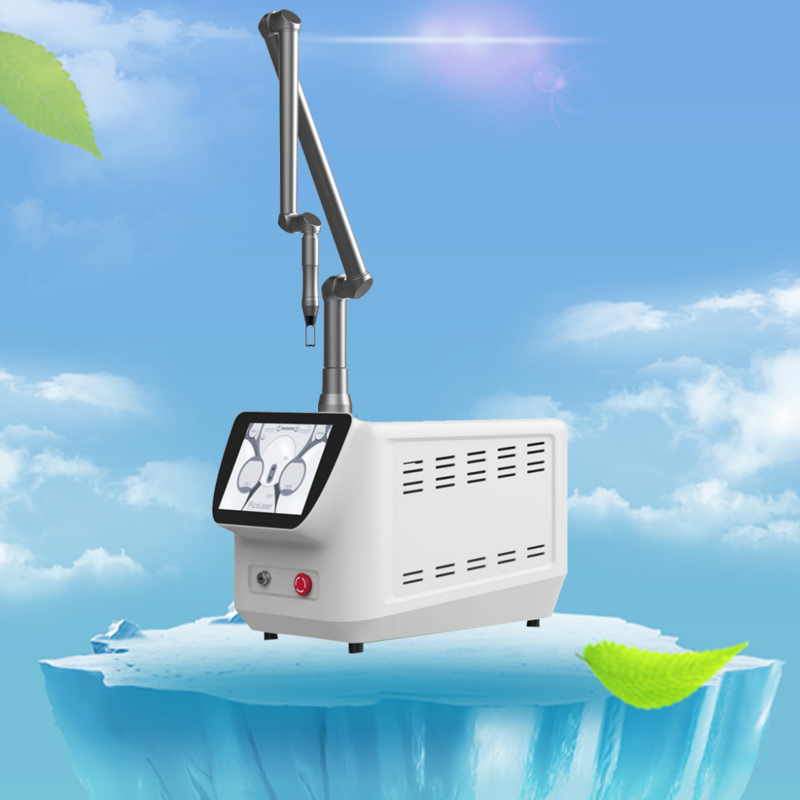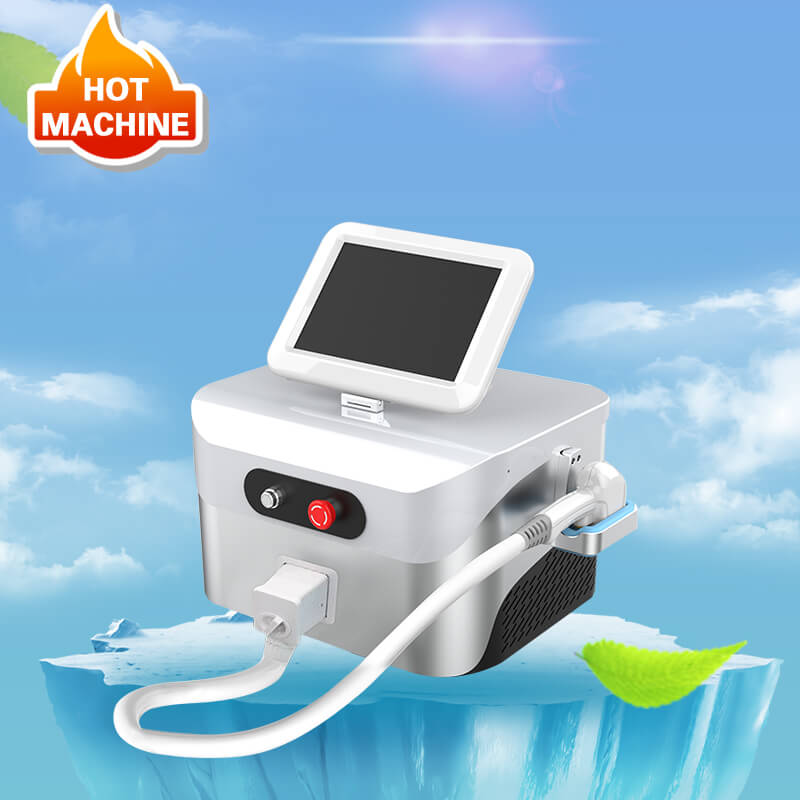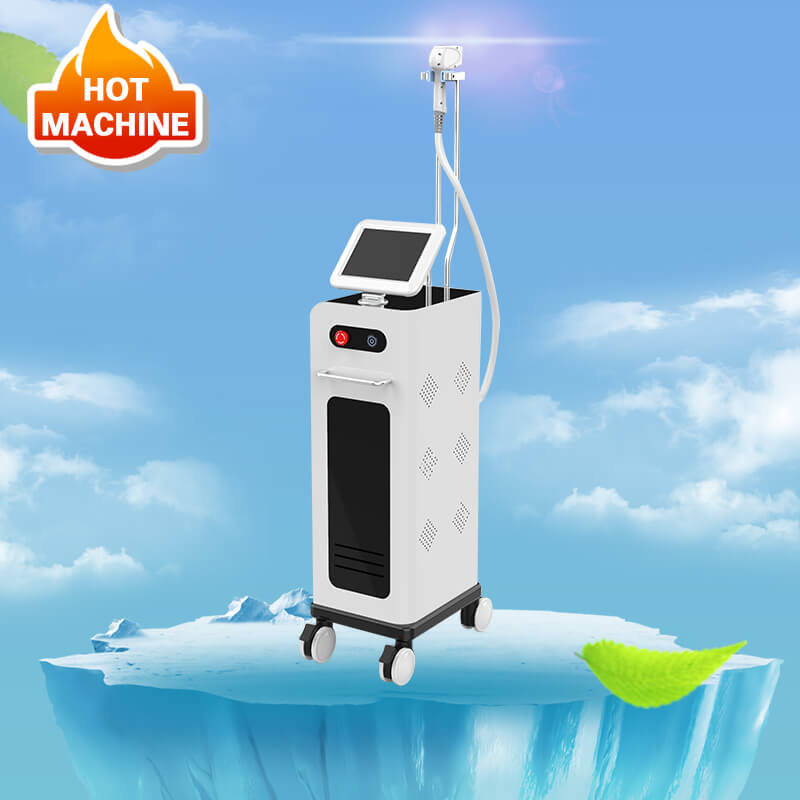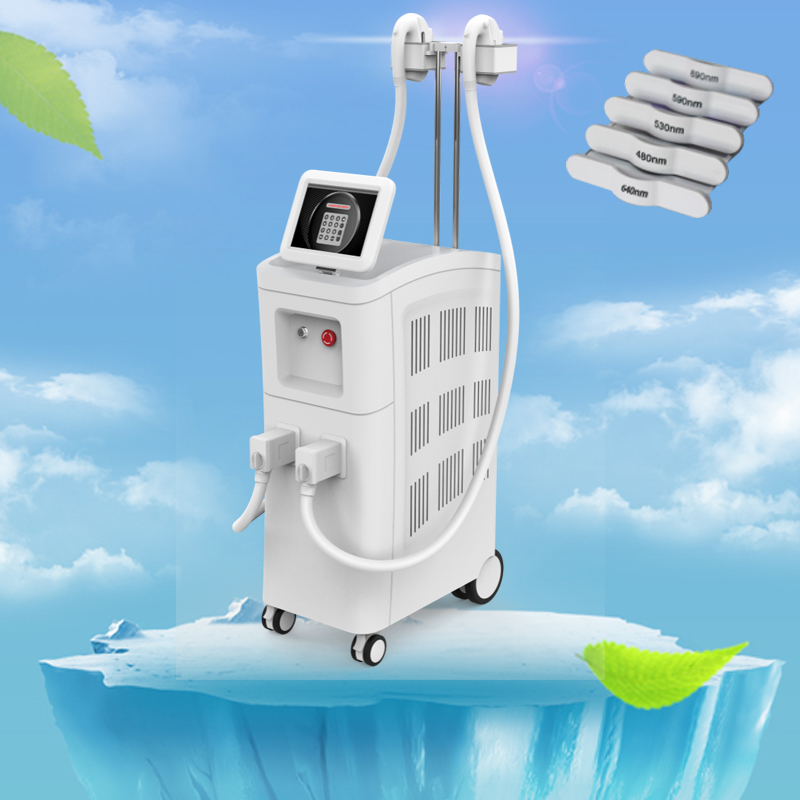What is the difference between HIFU and laser treatments?
Author:baishilf Time:2023-12-11 15:05:56
A medical grade high intensity focused ultrasound HIFU skin rejuvenation machine is a device that uses ultrasound energy to stimulate collagen production and tighten the skin. It is a non-surgical alternative to facelifts and other cosmetic procedures. HIFU ultrasound machine can be used for facial and vaginal rejuvenation, as well as body contouring.

Some of the benefits of HIFU are:
1. HIFU issafe and effective, with minimal side effects and no downtime.
2. HIFUdelivers immediate results, with continued improvements for 3-4 months after treatment.
3. HIFU machine for body and face professionalcan target specific areas of the skin without damaging the surrounding tissue.
4. HIFUcan reduce wrinkles, sagging, and fat deposits, and enhance the appearance and sensation of the skin.
How long does the HIFU treatment take?
The HIFU treatment duration depends on the type and area of the skin being treated. Generally, each session lasts 30–90 minutes. Some people may need more than one session to achieve their desired results. You can consult with a cosmetic professional to determine the best treatment plan for you.

What is the difference between HIFU and laser treatments?
HIFU and laser treatments are both non-invasive cosmetic procedures that use different types of energy to improve the appearance and condition of the skin. The main difference between them is the depth and area of the skin they target. Here are some key points to compare them:
HIFU uses ultrasound energy to heat up the deeper layers of the skin, such as the subcutaneous layer and the dermis, where collagen and elastin are produced. HIFU can stimulate collagen production and tighten the skin, resulting in a lifting and anti-aging effect. HIFU can also target specific areas of the face and body without affecting the surrounding tissue.
Laser treatments use light energy to create micro-injuries on the upper layer of the skin, the epidermis, where most of the skin problems such as wrinkles, pigmentation, scars, and acne occur. Laser treatments can resurface the skin and enhance its texture, tone, and clarity. Laser treatments can also increase the absorption of other skincare products by creating nano-channels on the skin surface.
Both HIFU and laser treatments have their own advantages and disadvantages, depending on your skin type, condition, and goals. You can consult with a cosmetic professional to determine which one is more suitable for you.

Can I use HIFU and laser treatments together?
HIFU and laser treatments can be used together for facial rejuvenation, as they target different layers and aspects of the skin. However, there are some factors to consider before combining them, such as:
1. The type and intensity of the laser treatment, as some lasers may be too aggressive or incompatible with HIFU.
2. The timing and interval of the treatments, as some experts recommend waiting at least 2-4 weeks between HIFU and laser sessions to allow the skin to heal and regenerate.
3. The skin type and condition of the patient, as some people may have more sensitivity or adverse reactions to the treatments.
4. The expectations and goals of the patient, as the results may vary depending on the individual’s skin characteristics and response to the treatments.
What are the benefits of combining HIFU and laser treatments?
Combining HIFU and laser treatments can provide more comprehensive and synergistic results for facial rejuvenation, as they target different layers and aspects of the skin. Some of the benefits of combining HIFU and laser treatments are:
1. They can improve the skin’s elasticity, firmness, and smoothness by stimulating collagen production in the deep and superficial layers of the skin.
2. They can reduce the appearance of wrinkles, fine lines, sagging, and jowls by lifting and tightening the skin on the face, neck, and chest.
3. They can enhance the skin’s texture, tone, and clarity by resurfacing the skin and removing pigmentation, scars, and acne.
4. They can increase the absorption and effectiveness of other skincare products by creating nano-channels on the skin surface.
However, combining HIFU and laser treatments may also have some drawbacks, such as:
1. They may cause more discomfort, pain, and side effects than using either treatment alone.
2. They may require more sessions and longer intervals between sessions to achieve optimal results.
3. They may not be suitable for everyone, depending on their skin type, condition, and goals.
Therefore, it is advisable to consult with a cosmetic professional who can assess your skin and recommend the best treatment plan for you.





